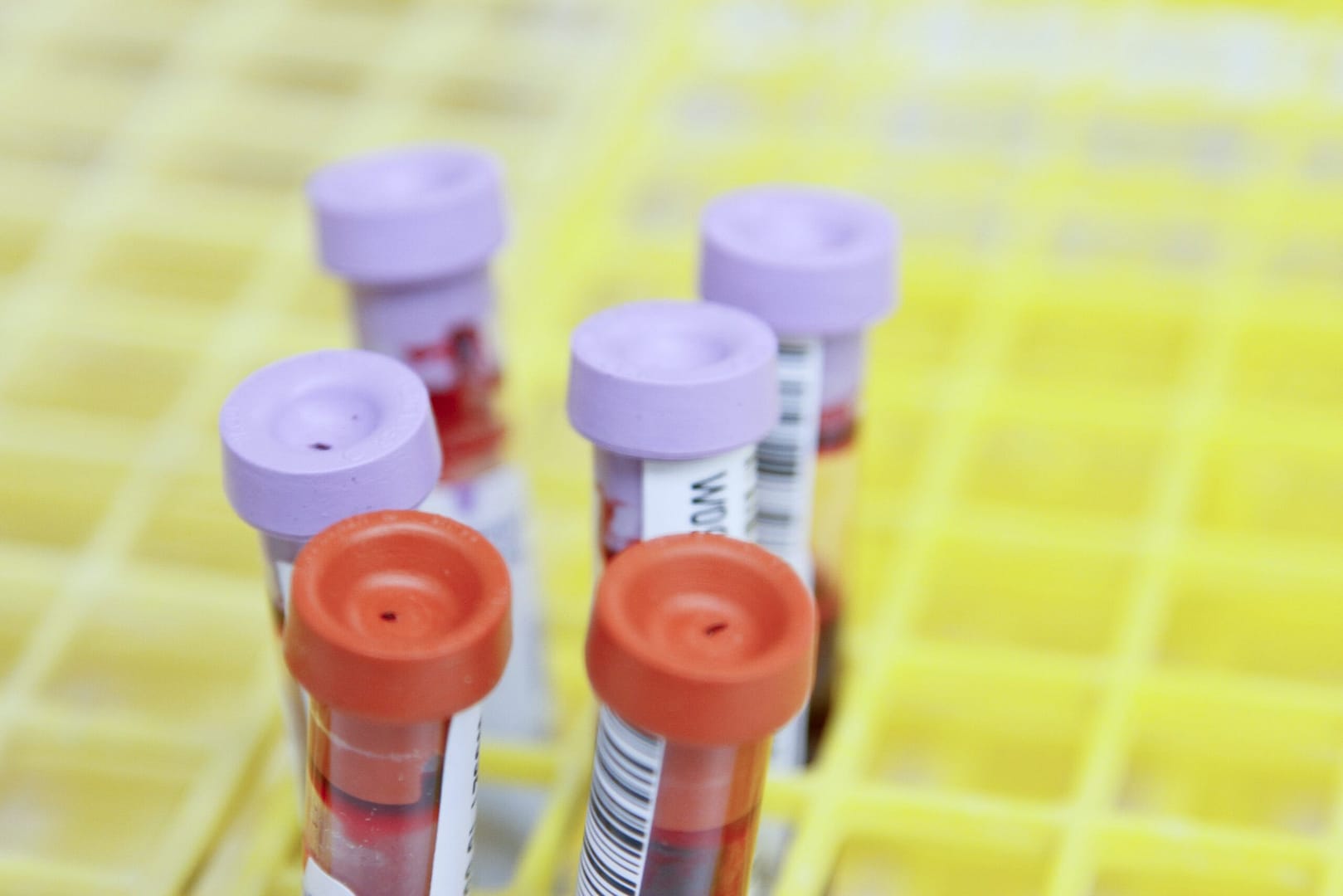How Do You Contract Hepatitis B?

Hepatitis B is an infection of the liver caused by a virus that’s spread through blood and body fluids. The symptoms of hepatitis B can be mild and last for a short period of time, and these so-called “acute” cases may not need treatment. But it can become chronic and the result could be severe scarring of the organ, liver failure, and cancer, even resulting in death. This article explains how you can contract hepatitis B, its symptoms, and what steps you should take if you feel that you have come in contact with the virus.
So, how do you contract hepatitis B? Hepatitis B is transmitted through contact with semen, vaginal fluids, and blood. A person can contract the disease by having unprotected vaginal, anal or oral sex, sharing toothbrushes, razors or needles. Mothers with the virus can also pass the virus to their babies at birth.
Read on to get the 101 on hepatitis B – how it’s spread (and not spread), its symptoms, and guidance on testing and treatment.
How Is Hepatitis B Spread?
The hepatitis B virus is extremely contagious and can be transmitted by contact with semen, vaginal fluids, or blood in any form.
The virus can be spread as follows:
- The infection may be passed along from mother to child during birth, particularly in countries with high rates of infection
- The disease can be passed from child to child within families in countries where hepatitis is common
- You can spread the virus by injecting drugs and sharing needles and other drug-related equipment
- The hepatitis B virus can be contracted by having sex without using a condom with an individual infected with hepatitis B
- A patient may contract this virus from getting a tattoo, piercing their body or taking medical or dental treatments in an unhygienic environment using unsterilised equipment
- Infected blood contaminated with hepatitis B can also be spread through sharing toothbrushes and razors.
While there are many ways that hepatitis B can be transmitted, it is also worth noting ways in which it is not spread. Hep B is not spread by kissing, holding hands, hugging, coughing, sneezing or sharing crockery and utensils as the virus is only transmitted through body fluids such as semen and blood.
Symptoms of Hepatitis B
There are many people who contract hepatitis B without experiencing any symptoms and are able to fight off the disease without even knowing they had it.
If symptoms do develop then they are likely to do so 2 or 3 months after you have been exposed to the hepatitis B virus.
The following symptoms are associated with hepatitis B:
- A flu-like illness, including fatigue, a fever, and general symptoms such as aches and pains
- Appetite loss
- Nausea
- Diarrhoea
- The appearance of yellow tinges on the skin and in the eyes (jaundice)
In most cases, acute hepatitis B symptoms will pass within one to three months, but it can sometimes last for up to six months, or even longer if you have chronic hepatitis.
Chronic hepatitis is when liver inflammation continues for at least six months, and can cause many liver cells to be destroyed. In some cases, the damage can lead to cirrhosis and liver failure.
If you are experiencing any symptoms it is important to get tested so that a diagnosis can be confirmed and any required treatment can be administered.
Treatment for Hepatitis B
As previously stated, the vast majority of people can fight off the virus without any treatment, however, there are treatments for the disease depending on how long you have had the virus.
The best form of treatment is prevention, and there is a vaccine to protect yourself from the hepatitis virus. If you are not vaccinated but are aware that you may have been exposed to the virus in the past few days, emergency treatment can help stop you from becoming infected.
If you have only been infected for a few weeks or months (acute hepatitis B), you may only need to take medication to relieve your symptoms while your body fights off the infection.
For those who have had chronic hepatitis B for more than 6 months (chronic hepatitis B), you may be offered treatment with drugs that are formulated to reduce the risk of liver damage and keep the virus under control and often requires long-term or lifelong treatment and regular monitoring to check for any further liver problems.
Your Sexual Health Hepatitis B Testing
The only way to know for sure is to get tested for STIs. It is vitally important to get checked for STIs as many will cause severe health complications if left untreated. At Your Sexual Health, we have a range of STI tests that can be taken in the privacy of your own home meaning no more NHS clinic waiting rooms, just accurate private STD testing available at home and in-clinic.
Our Hepatitis Profile Test can diagnose both Hepatitis B & Hepatitis C using the same sample and can provide the peace of mind that you need if you fear that you have contracted the virus with one day turnaround times and a choice to take your test at one of our clinics or at home.
As ever, we are here to help, and if you have a query, no matter how small or significant, please reach out and we’ll do our best to assist you.

